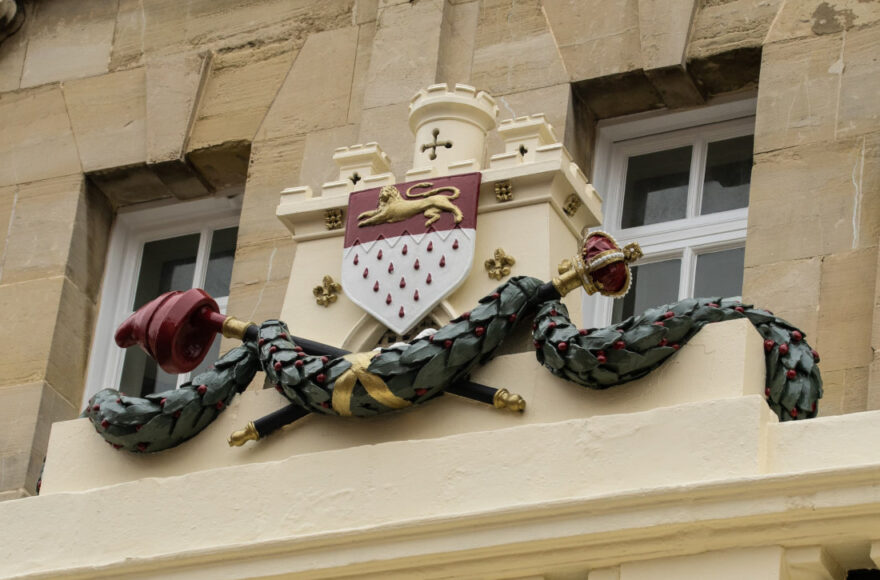Rugby fans like me will be happy that the Six Nations Championship is now well under way – but rugby, as a full contact sport involving heavy body collisions between two or more players, often results in serious injury to amateur and professional players alike.
It is widely accepted that, by participating in a game, rugby players accept a certain risk of injury and, in so doing, give their consent. But is there is a limit to consent given in this way, and what happens when an injury is the result of a negligent act?
All injuries are likely to be fact-specific but, using high tackles as an example, it is clear that the rules of the game have evolved over the past decade in an attempt to reduce the number of accidents. Current rules state that a player must not tackle an opponent above the line of their shoulders, even if the tackle starts below that line. In 2016, the Rugby Football Union went further, confirming that a player is deemed to have made reckless contact during a tackle if the player knew, or should have known, there was a risk of making contact with an opponent’s head or neck – an offending player can expect a red or yellow card as the consequence of such action. This type of ‘illegal’ tackle often results in concussion and, although the number of reported concussion cases has fallen in recent seasons, more should be done to ensure the safety of every player.
Given the rules of the modern game and the significant emphasis they place on reducing the incidence of high tackles, perhaps it should be accepted that a player has not necessarily consented to an injury resulting from an illegal manoeuvre. While it is for the courts to judge each case on its merits, if the player making the injurious tackle knew, or ought to have known, that their tackle could result in contact with an opponent’s head or neck and therefore potentially cause injury, then the tackle was reckless – possibly even negligent.
For experienced professionals and beginners alike, player safety is paramount. It is imperative that every club plays their part by ensuring all those who participate in the game know the rules inside-out.
For advice on claiming compensation for a sporting accident or more information about personal injury law, contact the George Ide team on 01243 786668 or email us at info@georgeide.co.uk
James Knight. Chartered Legal Executive. Personal Injury department.
Contact Our Friendly Legal Experts Today
For general enquiries or to discuss more specific needs in personal or commercial law please get in touch with a friendly member of our team today.
Latest News

All You Need to Know About Contentious Probate

Myth busting Mediation - What is it, and how can it help?

Your Quick Guide to End of Year Tax Planning

Court Claims & the Limitation Period

How the Court of Protection Works and the Role of a Deputy








